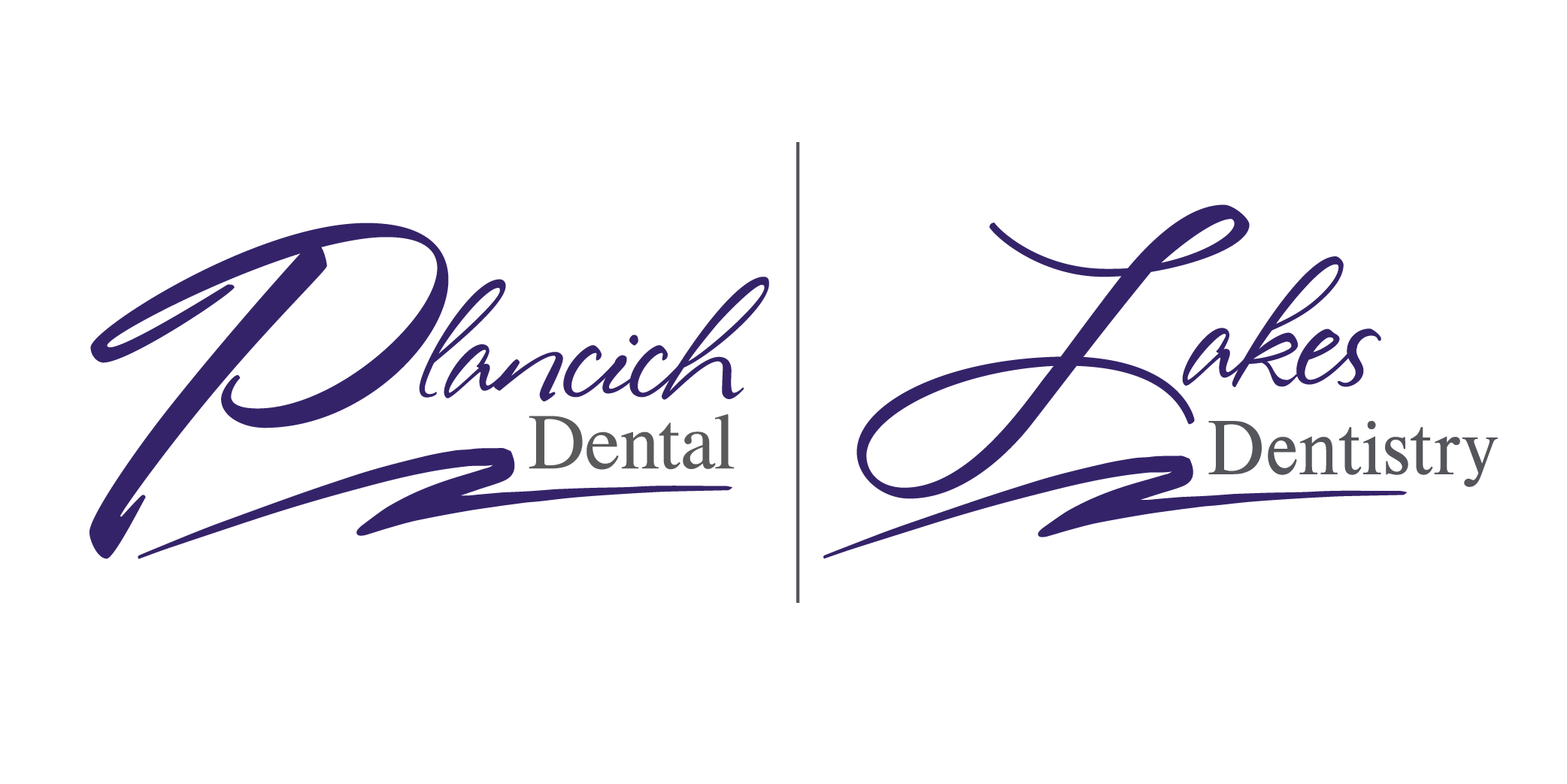You’ve just left the dentist’s office, and the news isn’t what you hoped for – your child has cavities. As a caregiver, this news can make you feel a tidal wave of emotions, and it’s not uncommon to wonder, “is it my fault my kids have cavities?”
Firstly, let’s offer you a virtual hug and some reassurance. At Plancich Dental, we understand the weight of this news, and we want you to know you’re not alone in this journey. Many parents share the same concerns and feelings of guilt when it comes to their children’s dental health.
To be very real, cavities are very common, yes, even if you’ve brushed their teeth twice a day, flossed regularly, and avoided foods high in sugar. This is because when it comes to oral health, like your overall health, there are certain environmental and conditional aspects you can control, and others you just can’t.
Let’s take a look at common causes of cavities you can help your child avoid.
First, what is a cavity?
Cavities are damaged areas in the hard surface, or dentin, of your teeth, which turn into tiny openings or holes. They are also called tooth decay, which is caused by a combination of factors, such as oral bacteria, snacking on carb-heavy foods, sugary drinks and improper oral hygiene.
What causes cavities?
Simply put, cavities are caused by bacteria in the child’s mouth. These bacteria feast on sugars and starches, leaving behind acidic waste that erodes the tooth’s enamel, leading to caries which eventually form into cavities.
Many factors contribute to cavities, some within your control, others not so much. Let’s break it down.
Causes of cavities within your control
Oral Hygiene: Consistent brushing with fluoride toothpaste, flossing to remove plaque between teeth, and limiting sugary drinks and snacks are key weapons in your arsenal. Making daily dental care an important part of your child’s life now will create good oral hygiene habits later.
Dietary Choices: Sugar and carbohydrates are bacteria’s playground! Opt for healthy snacks like fruits and veggies, and make water your little one’s go-to drink.
Regular Checkups: Think of these as dental training sessions! Seeing your pediatric dentist every 6 months allows for early detection and prevention of cavities. At these checkups your dentist can provide x-rays, show your kid how to use their toothbrush and floss, and talk about oral health. Here’s what parents can expect at their child’s first dental visit.
If cavities are found in your kids’ teeth they might even recommend fluoride treatments or sealants for extra protection or further treatment options.
Causes of cavities outside your control
Baby Teeth: They have thinner enamel and are more susceptible to decay. Extra vigilance during those early years is crucial.
Genetics: Some children are naturally more prone to cavities due to factors like tooth enamel quality.
Water Supply: Fluoride in water strengthens tooth enamel, but not all areas have fluoridated water. Talk to your dentist about alternative fluoride sources.
Despite being one of the most prevalent health issues globally, especially among young children and teenagers, cavities can become serious if left untreated.
Untreated cavities can lead to some of the symptoms that may have brought you and your kiddo to the dentist such as toothaches, bad breath, infections, and even tooth loss.
Tips for caring for your child’s cavities
Follow your dentist’s instructions: This might involve fillings, crowns, or other treatments.
Maintain good oral hygiene: Brushing twice a day with fluoride toothpaste, flossing daily, and limiting sugary foods and drinks are crucial. Consistency and setting a good example is key!
Consider fluoride: Your dentist may recommend fluoride supplements or treatments to strengthen tooth enamel and prevent further decay.
Diet matters: A healthy diet nourishes teeth from the inside out. These types of foods tend to be the worst kind for kid’s teeth, and not just kids but adults as well!
Sealants: If recommended by your dentist, sealants can provide added protection for permanent teeth, especially molars.
Lastly, remember…
You’re not alone: Cavities are common, and many parents face this challenge.
Early intervention is key: Prompt treatment and preventive measures can prevent further damage.
Focus on the future: Build positive oral hygiene habits for lifelong healthy smiles.
Plancich Dental can partner with you to create a personalized treatment plan
We’re here to answer your questions, listen to your concerns, and work together to create a personalized plan for your child’s healthy smile. Give us a call at 253-272-7400 or schedule an appointment here. We can’t wait to meet you and your loved one(s)!
